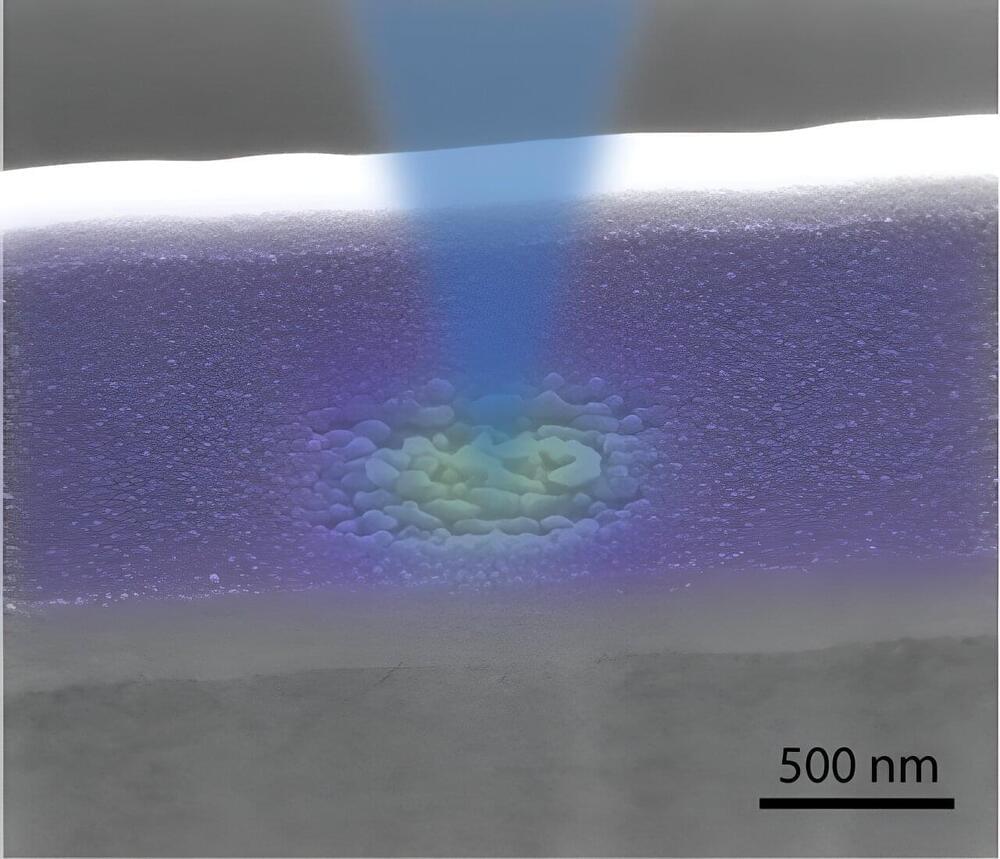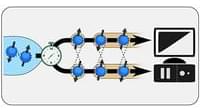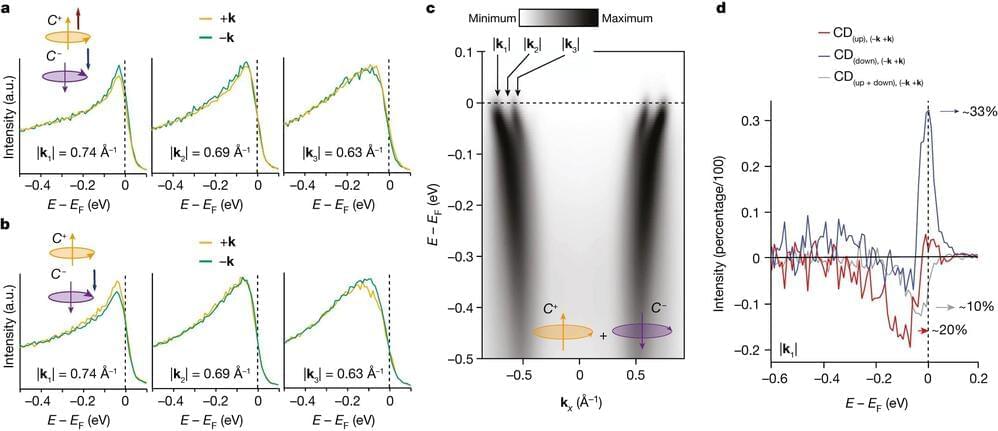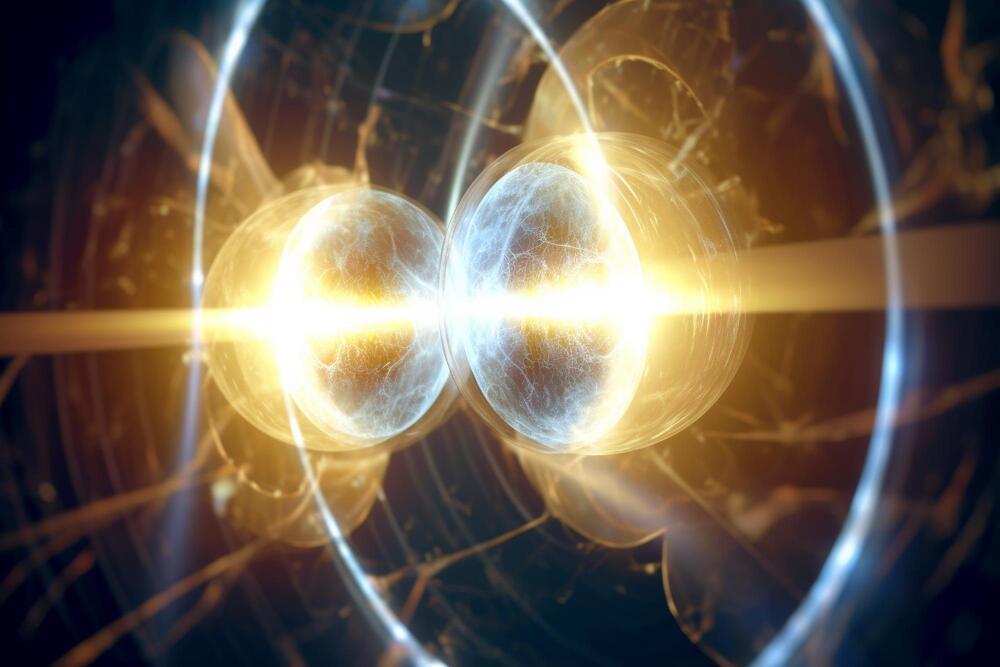A new fusion of materials, each with special electrical properties, has all the components required for a unique type of superconductivity that could provide the basis for more robust quantum computing. The new combination of materials, created by a team led by researchers at Penn State, could also provide a platform to explore physical behaviors similar to those of mysterious, theoretical particles known as chiral Majoranas, which could be another promising component for quantum computing.
The new study appears in the journal Science. The work describes how the researchers combined the two magnetic materials in what they called a critical step toward realizing the emergent interfacial superconductivity, which they are currently working toward.
Superconductors—materials with no electrical resistance —are widely used in digital circuits, the powerful magnets in magnetic resonance imaging (MRI) and particle accelerators, and other technology where maximizing the flow of electricity is crucial.








